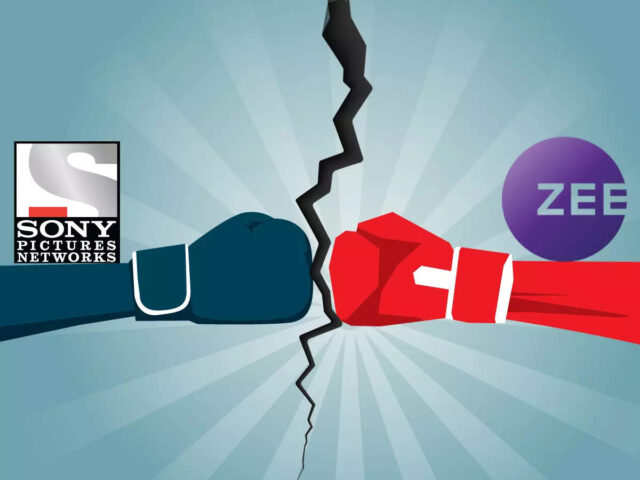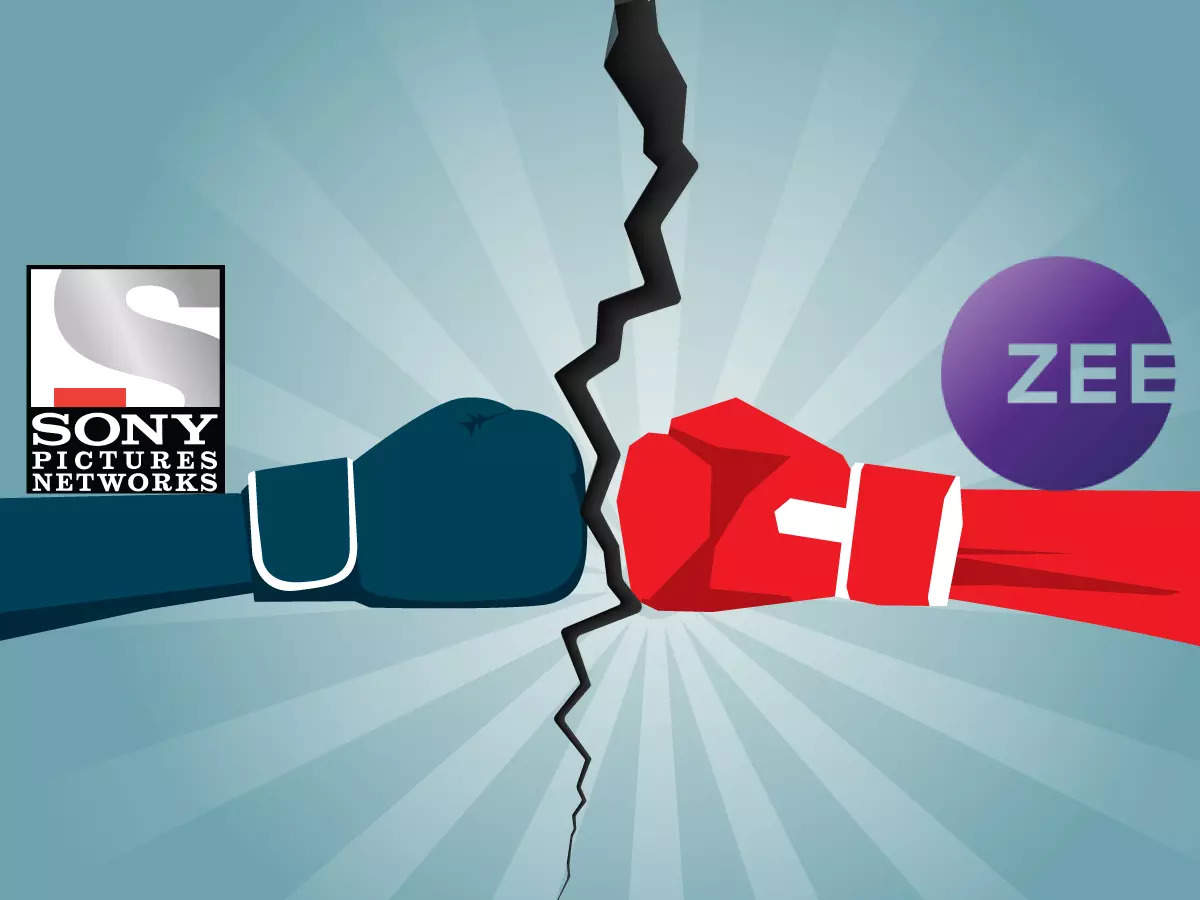
Also Read: Zee-Sony Tussle: The test of arbitration law
The communications between Sony’s legal and M&A executives in India and Los Angeles with top Zee executives provide undisclosed details on the high-stakes backroom tussle that preceded the Japanese firm’s Jan. 22 decision to pull the plug on the $10 billion merger.
Emails exchanged between Dec. 20 and Jan. 9 show executives from both companies accusing each other of not honouring the merger commitments. Zee executives repeatedly said that there was nothing out of line, and asked Sony to extend the closure deadline.
“A number of events, circumstances, state of facts, conditions have occurred, which have, or are reasonably likely to have a ‘material adverse effect’ on the business, operations,” Drew Shearer, a top Los Angeles-based Sony executive wrote in an email.
A week later, on Dec. 27, Zee’s top India counsel Shyamala Venkatachalam accused Sony of attempting to “depict a narrative which has no basis in facts”, saying Zee was dismayed by what it called was a “sudden volte face” from the company in bad faith. Spokespersons for Zee and Sony declined to comment. The Zee-Sony merger, in the works for two years, would have created an Indian TV juggernaut with more than 90 channels across sports, entertainment and news that would have competed with the likes of Walt Disney and billionaire Mukesh Ambani’s Reliance.
The collapse of the deal is a bigger setback for Zee, one of India’s best known TV networks that started in 1992 but has seen its business struggle over the years. Its shares have fallen 27% since the merger was called off.
Shriram Subramanian, founder of proxy advisory firm InGovern which advocates for investor rights, said mutual funds and other investors who own 96% of Zee remain clueless as to why the merger collapsed, as the company has not disclosed any details. “Investors deserve to know what went on behind scenes,” he said.
Emails show there was a face-off between Sony and Zee about four Russian subsidiaries that dealt in content creation and distribution, as the merger agreement had stipulated no dealings with entities based in countries under U.S. sanctions. Russia is under Western sanctions for the Ukraine war.
In a Jan. 5 email, Erik Moreno, executive vice president for corporate development and M&A at Sony Pictures Entertainment said Zee had not ended ties with the Russian entities even though it was “absolutely critical”, and the merged entity “would under no circumstances inherit the Russian entities”.
Zee’s counsel Venkatachalam responded by saying the divestment process had not been completed due to changing regulations in Russia and alternate structures were being explored, even though the business of those entities “was shut down in December 2022”, emails showed.
DISNEY DEAL, SMALL LOAN
Reuters on Monday reported Sony’s confidential termination notice which showed it accused Zee of also not meeting certain financial terms including required cash reserves. Zee denies those allegations.
The emails show another key sticking point was Zee’s 2022 decision to enter into a $1.4 billion deal with Disney to purchase certain TV cricket rights for India.
Sony said Zee had decided to furnish a bank guarantee and a deposit totaling $406 million for that deal. And Zee’s bid to take debt for the deal, which was “without prior written consent” of Sony, took the Indian firm’s total debt to more than $451 million – above the merger agreement threshold.
Moreno wrote said in the Jan. 5 email that Sony had several times “raised our concerns and reservations in relation to the (Disney) alliance agreement … including, in respect of the consideration agreed to be paid”.
In response, Zee legal executive said that Sony’s allegations were raised too late, and were “reprehensible and unfortunate”. The cricket deal violated no merger conditions as the two sides wanted to encourage Zee’s expansion into sports, it argued in the emails.
Reuters has reported that Zee has decided to terminate its cricket deal with Disney due to lack of funds.
Aside from the Disney deal, Sony accused Zee of several other merger agreement breaches, the emails show, including launching a new channel in South Africa during talks and granting a $3.3 million loan to an affiliate in India without specifying repayment term.
Zee said none of those things breached the deal terms. “We have borne great costs to ensure a successful merger between our companies,” Zee’s Venkatachalam wrote in an email.
(You can now subscribe to our Economic Times WhatsApp channel)






































